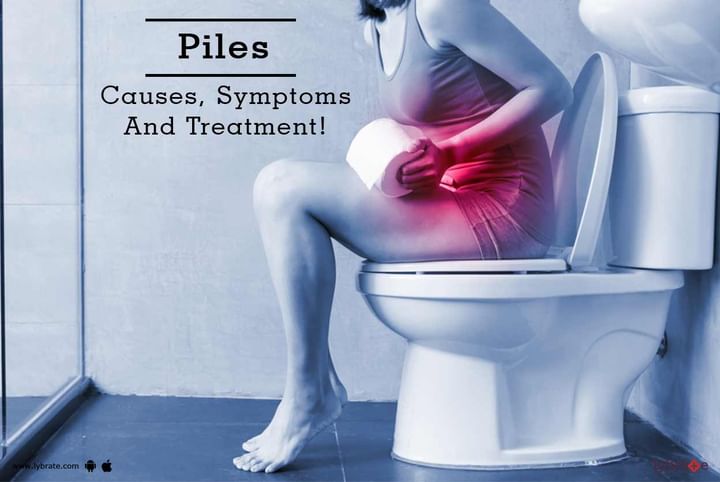Piles - Causes, Symptoms And Treatment!
Piles is the result of enlarged vein in the anal region. In Ayurveda, this is known as Arsha. There are various reasons for developing piles like constipation, constantly sitting for a long time on the hard surface, lack of exercise and harmful food habit like food without fiber for piles. Piles are often found to be occurring more commonly in middle-aged and older individuals.
There are two different types of piles depending upon their location:
- Internal Piles are located in the inner lining of the rectum and cannot be felt. They are usually painless and can also lead to bleeding.
- External Piles, however, can be painful and swollen, and are located on the skin around the anus, and can be felt easily.
Symptoms of Piles:
- Bleeding from the Anal Canal
- Itching and Irritation
- Pain and Discomfort
- Tender Lump
- ‘Skid Marks’ on the Underwear
Ayurvedic Treatment For Piles:
Here is a list of common ayurvedic remedies to treat piles:
Medicinal Way of Treating Piles in Ayurveda:
- Often Nagakesara is recommended, especially when this is associated with bleeding. One teaspoon-full powder of Nagakesara is given to the patients three times a day.
- Haritaki is a useful herb for both dry and bleeding piles. One teaspoon full powder of Haritaki is given to the patients two to three times a day.
- Ayurvedic drug Abhayarishta is a widely recommended medicine for this condition. 30 ml of Abhayarishta is given to the patient twice daily after food with an equal amount of water.
- Kasiaditaila can be used externally, which helps in shrinking piles and cures itching in the anal region. It helps in relieving pain and checks to bleed.
Since Ayurvedic medicine involves a lot of changes in the diet and lifestyle, some remedies to prevent and treat piles or Arsha are fairly simple and lifestyle related. Most of the piles respond very well to ayurvedic treatment. It focuses mainly on regulating the digestion so that the piles symptoms may start reducing from the root. Specially prepared oils and creams are often provided to be applied on the piles masses to get early relief.
Treatment planning is done by your doctor depending upon your individual condition and medical history. Always consult an experienced ayurvedic physician for your piles problem and avoid taking any over-the-counter medicine. 6-8 weeks of treatment is required to get good relief. Following a good lifestyle and healthy diet helps in minimizing the chances of recurrence.
- Sedentary Lifestyle: Sitting in a particular posture for long hours without movement can also lead to the development of piles.
- Avoid eating foods that are hard to digest: Since piles tend to form due to increased pressure on the rectal walls, eat foods that are light and easy to pass as stools. You can increase the intake of fiber-rich fruits and vegetables.
- Exercise: Moderate exercise not only just helps treat piles, but also prevents many other lifestyle related disorders.
- Eat foods that improve digestion: If you have a weak digestive system, add probiotic-rich foods to your diet.
- Drink More Water: A dehydrated body can cause the stools to become hard, making them difficult to pass; drinking more water can make passing stools easier.



+1.svg)
